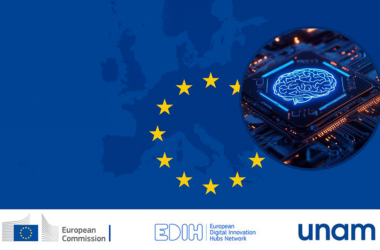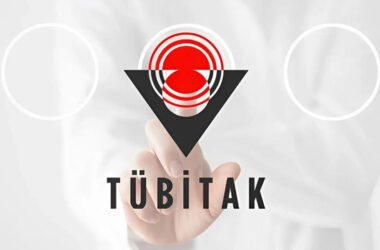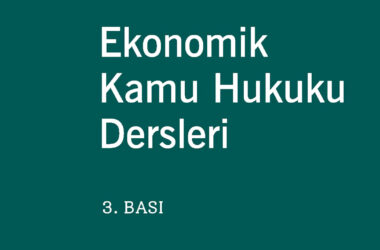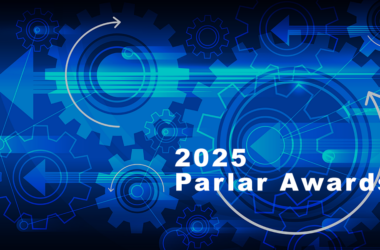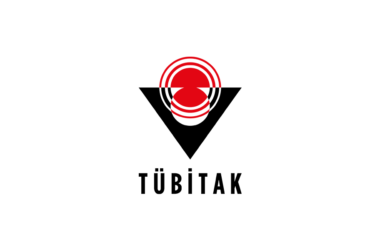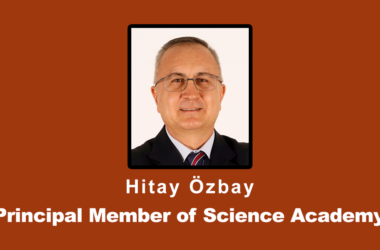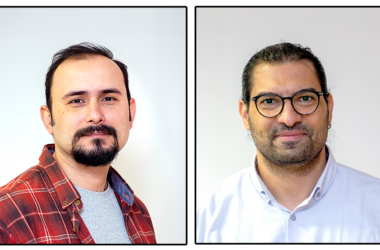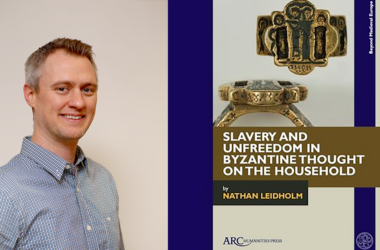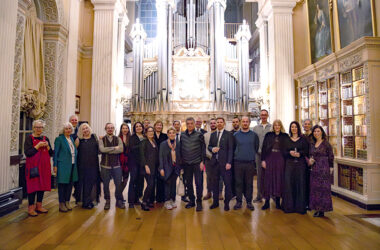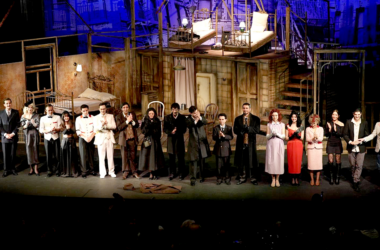BY ELİF BÜŞRA KARAZİYAN (MBG/II)
Zehra Ekiz, a senior psychology student, and Mehmet Batuhan Candar, a senior electrical and electronics engineering student, received TÜBİTAK funding for their research “Machine Learning Analysis of Reducing Türkiye’s Energy Dependency Using Renewable Resources Based on Iceland’s Energy Model.” We asked them about the process and their project.
Elif: First, can you introduce yourselves to us?
Zehra: Of course. I’m Zehra, a fourth-year psychology student. Currently I’m working as a product design intern. I’m also a research assistant at UMRAM.
Batuhan: I’m Batuhan. I’m in my fourth year of studying electrical and electronics engineering. I’ve also done a minor in international relations. I’m currently working as a business analyst. When I was doing an internship I took a course from Selver Şahin, who has helped us in this project.
Elif: Can you explain your project briefly?
Zehra: This is a policy consultancy project in which we use machine modelling. Our aim is to assist Turkey in changing all energy resources to renewable energy resources, especially in households. We’re planning on building a model to predict the steps of this change. In order to accomplish this goal, we chose the Icelandic model because households in Iceland use renewable energy.
Batuhan: Another reason why we chose Iceland was that this country was using nonrenewable energy resources fifty years ago. In the 1970s, after the petrol crisis, they realized that using nonrenewable resources could lead to big problems, which they tried to prevent within the country’s resources. They tried to use geothermal energy, and specifically hydraulic energy. As we’ve learned during our research, Turkey is advantageous in energy resources because it has a lot of land and there are many resources with much variety. We thought to take Iceland as a model and inspect how they went about creating this change. This is an important matter in the world right now, especially with the current political situation. Turning to renewable energy sources is also significant because it enables a country to be self-sufficient.
Zehra: Also, the crisis with Russia and Ukraine, and Turkey’s dependency on Russia’s resources, have led us to this project. With this dependency in mind, we think that this topic should be discussed more to create a strategic plan.
Batuhan: This project also complies with the UN’s sustainability goals.
Elif: You received a grant from TÜBİTAK (The Scientific and Technological Research Council of Turkey), 2209-A (Support for University Students’ Research Project). Why do you think you received this grant? Which qualities did your project have?
Zehra: We applied for the grant in order to receive data. In addition, we want to apply to some conferences to present our research, and they have fees for participation. We also want to continue this research further into our careers, like in our master’s degrees. Since this is a new project and a new idea, we want to present it to both national and international platforms and spread it widely.
Batuhan: The project is also one of its kind. We weren’t able to find such modelling when we searched the literature for renewable energy. It also has a positive effect for our country and on nature.
Elif: Do you think that your research process was harder because the project was so new?
Batuhan: We’re now at the stage of machine modelling, and without an example before us we’re required to create everything from scratch. We have to collect the data and do the modelling from the beginning. It’s not much of a difficulty, but it is part of the process. It keeps the project unique and we’re able to add our perspectives as well.
Zehra: We have to include the theory and the parameters, and we are now deciding these on our own.
Elif: What do you think was the most important thing that you learned during the process?
Batuhan: To be honest, it kind of intrigued me to see the little amount of work done in this area so far. The whole world is talking about renewable energy and how more countries should convert, especially using technology. After all that talk, seeing the lack of information and projects in this area was really surprising.
Zehra: I can also say that I learned the hardest part is starting. No matter how new a project is, you can always get to the end of it.
Elif: Do you think your different backgrounds have affected your work together?
Zehra: I think it gave us an advantage rather than any difficulty. I was able to look at the subject from a human-based approach and see how much of a positive effect it could have. Batuhan is coming more from a technical-based approach, and with his minor in IR we can also look at the political side.
Elif: Do you have any future goals in mind for your project?
Batuhan: I’m thinking of working in an energy-related industry. This interdisciplinary approach is something I would love to continue. One-sided studies don’t offer enough to solve problems. We’re trying to carve a path for other discoveries.
Zehra: We’re showing that machine learning and renewable energy can be used together for modelling as well as allowing other disciplines to get together to solve this issue.
Zehra & Batuhan: As a last note, we would like to thank Selver Şahin again for her support and for being with us from the start of this project. She offered her help immediately when we told her we had a project, and she was very supportive along the way.
Elif: Thank you so much for your time!
